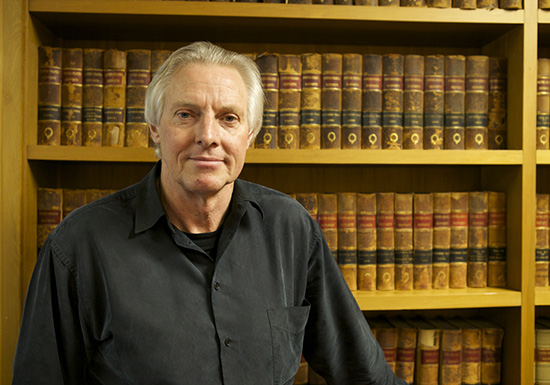
Thomas Carnegie
AUCKLAND (Pacific Media Watch / Pacific Scoop): A leading journalist writing on West Papuan affairs says New Zealand and Australia need to go the “extra mile” to cover the human rights violations that are being carried out by the Indonesian government.
Paul Bensemann traveled to the country disguised as a bird watcher last year.
He calls West Papua the “hidden conflict” because of the severe lack of coverage given by New Zealand and Australian media.
“We know a lot about northern hemisphere conflicts because of the international agencies’ coverage, but we get almost nothing about West Papua,” he says.
The indigenous population of West Papua has been in conflict with its Indonesian government since 1963. The government continues to commit multiple human rights violations, including murder and torture.
Despite such atrocities, the New Zealand and Australian media have given little coverage on the conflict. Critics say this needs to change to bring an end to these violations.
Content analysis
The lack of coverage can be seen in a Pacific Media Centre content analysis of a two-week period between October 19 and November 2, 2011.
During this time the Freeport mine strike and the crushing of a peaceful West Papuan by the Indonesian government rally resulted in the loss of up to six lives.
The analysis shows New Zealand press published a total of 99 stories on this crisis. However 58 of the stories came from Pacific Scoop. Major news services like Radio New Zealand National and Stuff did not publish any stories on the conflict, while the New Zealand Herald published only one.
Dr Elizabeth Stanley, senior lecturer in Criminology at Victoria University of Wellington, studied the human rights violations of Timor-Leste during its occupation of Indonesia. She says many parallels can be drawn to the dispute involving West Papua.
Restricting the international media from entering the country and the use of brutality towards journalists allows the Indonesian government to repress West Papuans, says Dr Stanley.
“When East Timor was first invaded by Indonesia, five international journalists went in to cover the conflict and were brutally murdered.
“After that a lot of journalists didn’t want to go the country. This significantly blinded the international community from seeing the human rights violations that were occurring,” says Dr Stanley.
Victor Mambor, editor of Tabloid Jubi and chair of the West Papuan branch of the Indonesian Alliance of Independent Journalists, says while the Indonesian government has no legal obligation to ban foreign journalists from entering West Papua, they always do.
“When you call them to try get a permit, they always say you need to talk to this person, but when you call again they say no you need to talk to another person. So you just keep going around in a circle – it is like a black hole”.
Permits struggle
As a result of this “black hole”, international journalists struggle to get permits to enter West Papua. This means they can only enter the country under the disguise of tourists.
Bensemann says the attitude of Australian and New Zealand media over West Papua needs to change, as they are Pacific nations needing to show they stand against human right violations.
“It is very important for New Zealand and Australian journalists to cover West Papua because it’s a big issue happening in our own backyard.
“So I believe there is the need for New Zealand journalists to go the extra mile.”
Sony Ambudi, an Indonesian human rights activist, says that while New Zealand and Australian journalists do need to go the extra mile to cover West Papua, they must also take careful measures to protect their contacts and sources.
Ambudi says journalists often do not realize they are not only putting themselves at risk, but also everybody they have contact with while in West Papua.
Bensemann says he did not fear for his own safety when he was in West Papua because if he were caught he would be deported. However, he did fear the safety of his sources and contacts.
Prisoner beaten
“Recently a Swiss journalist was caught, the police beat up another prisoner in front of him to scare him from ever returning,” says Bensemann.
Despite these risks to journalists, slowly progress is starting to be made towards international journalist protection in West Papua.
This is represented by a motion tabled by the Green Party late last month to call on the Indonesian President to commit to genuine press freedom in West Papua.
Green Party MP Catherine Delahunty says this motion is another tool to bring press freedom to West Papua.
“I know of some journalists trying to get to West Papua right now. If they have any problems then I will be able to internally hold our government to account.
“I will now try to get other parliamentarians around the world to pass similar motions. For instance I will talk to the Green Party in Australia and try get it through their Parliament.
Supportive politicians
“There are also politicians in the English Parliament and the Netherlands who will support a similar motion,” says Delahunty.
Despite this motion passing, Ambudi says it is a long time before the Indonesian government will agree to allow freedom of the press.
Journalists therefore have to take it upon themselves to cover the human rights violations taking place in West Papua.
“Without any journalists on the ground, the future seems very bleak for West Papua”.
This work is licensed under a Creative Commons Attribution-NonCommercial 3.0 New Zealand Licence.




